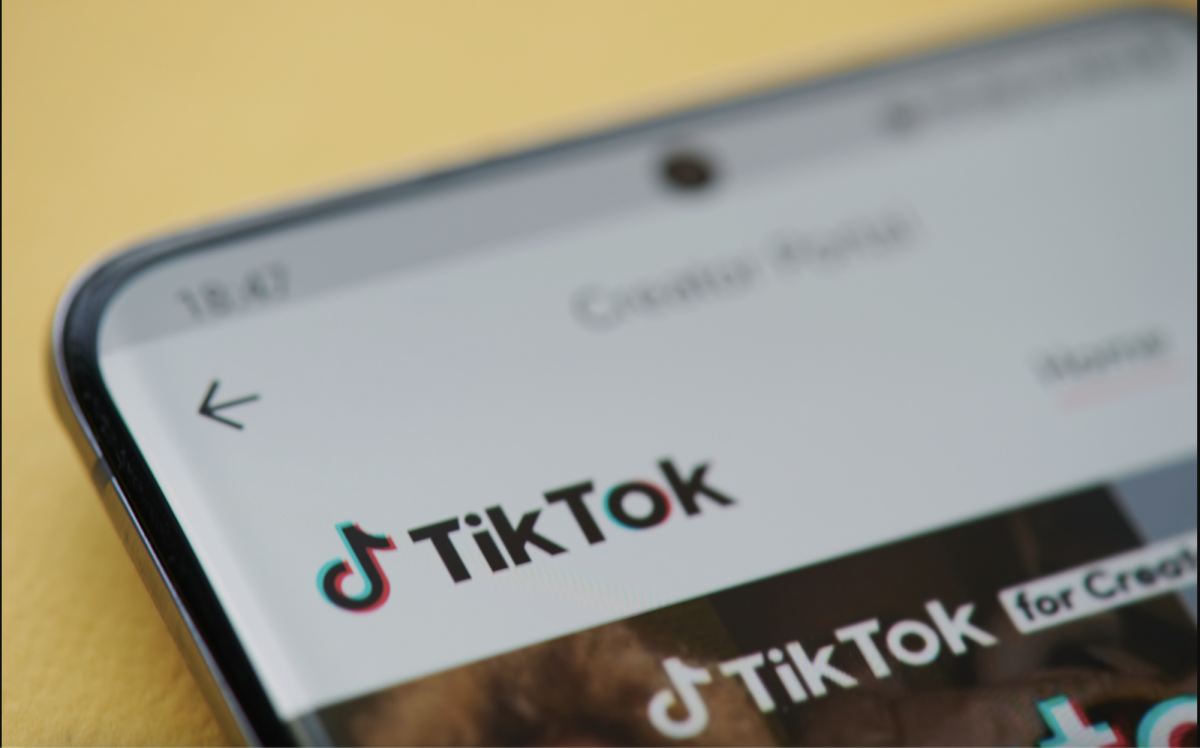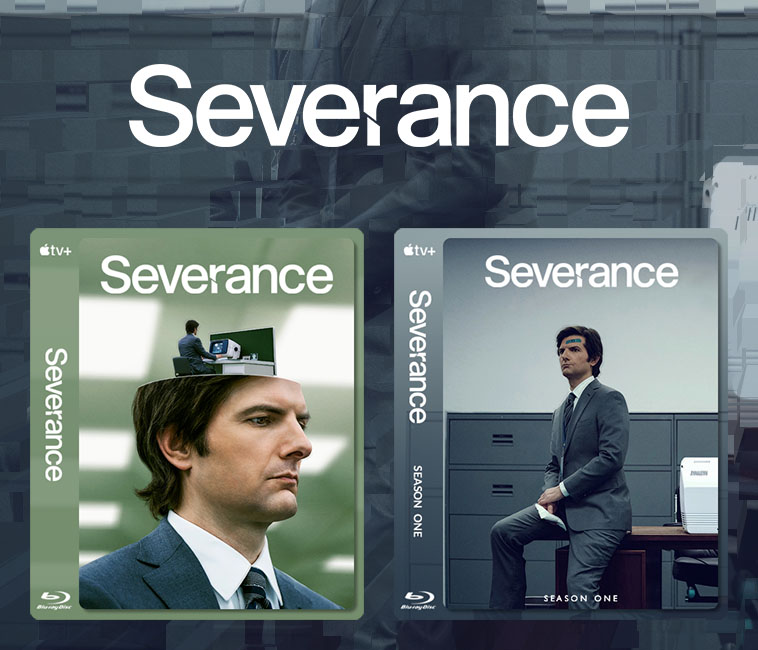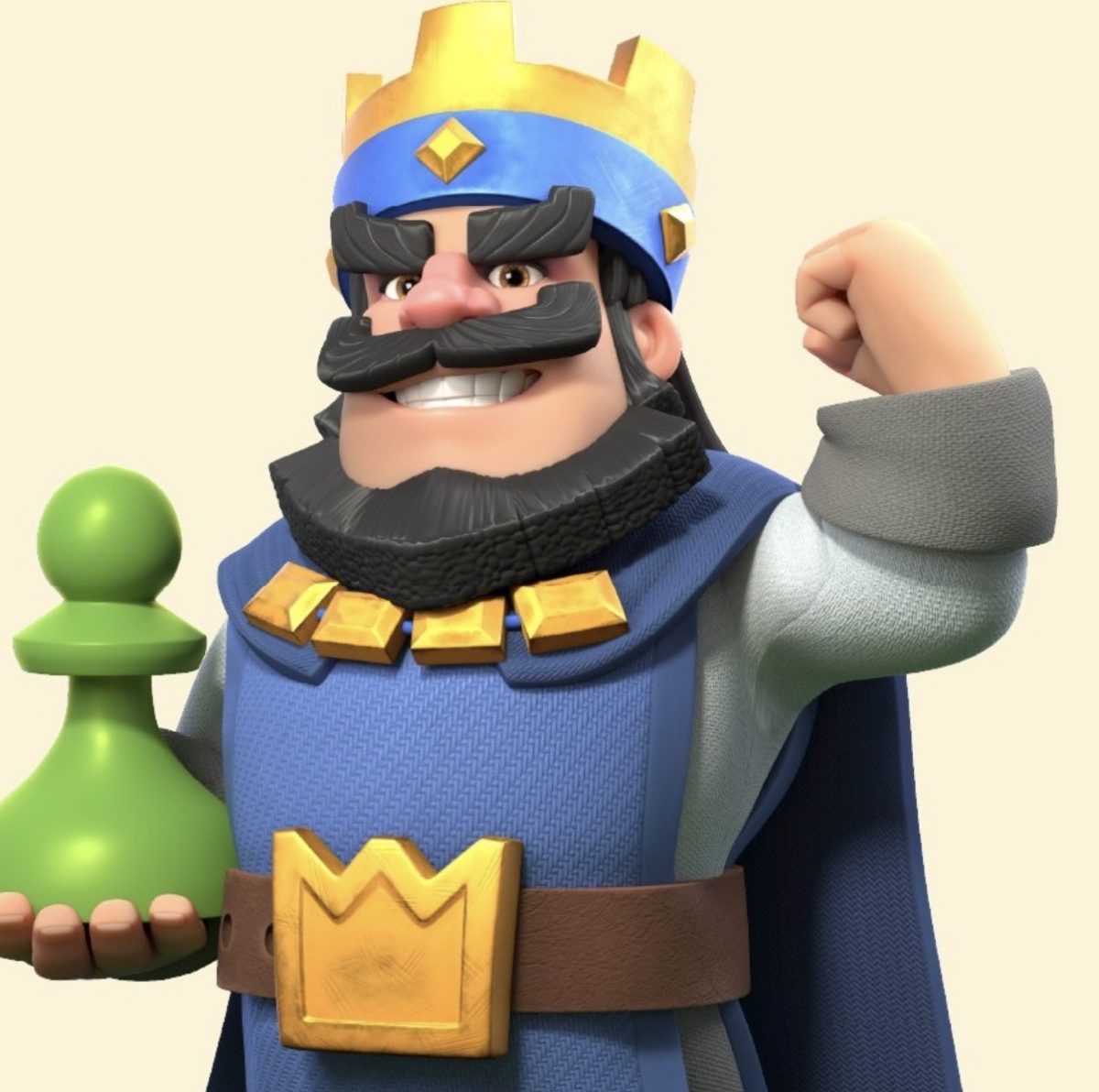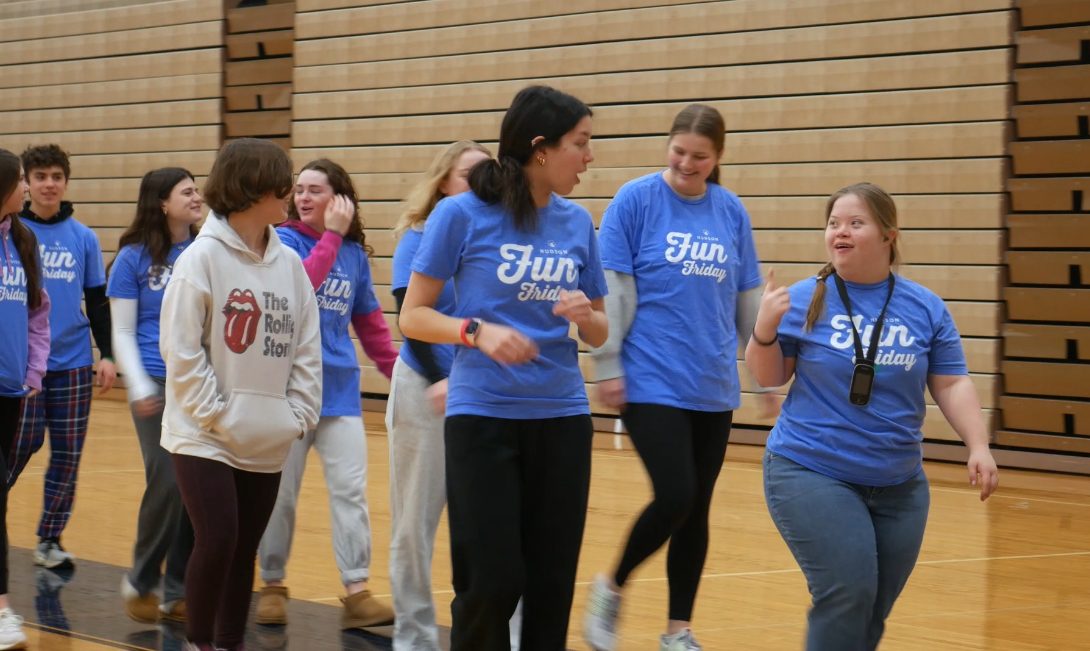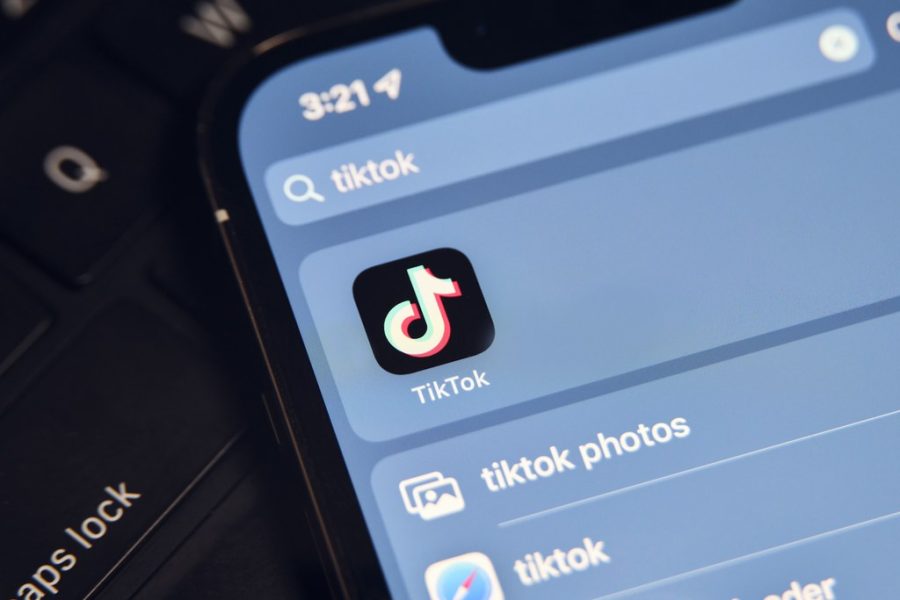Stop scrolling! You’ve probably been on your for you page for over an hour. Told yourself it would only be a five min break? Look what it turned into. Don’t feel ashamed or disappointed in yourself. TikTok is rated by experts as being one of the most addictive and harmful social media apps. Your “for you” page is contributing to your addiction- fueling you with videos about issues you’re concerned about, hobbies you’re interested in or any type of relatable content. Who wouldn’t get lost in a page full of pure enjoyable, fit for you content? While it’s ok to not feel ashamed over your lack of self control while using the app, here’s some info to learn about the problems you’re at risk to face as a tik tok user.
The app has grown into becoming one of the most used platforms and preferred entertainment sources for the Gen Z population. TikTok recently dethroned Instagram as the most used social media app among teenagers. With it being a newer app, experts have had a more difficult time determining a concrete answer to the many questions regarding the effects of the app usage on users. But one thing experts are very certain of is that the mental health effects of TikTok addiction aren’t good.
Data from the World Health Organization shows that in 2021, one in seven adolescents ages 10 to 19 struggled with mental health challenges due to their TikTok addiction. Growing research has found that the more time a person spends on social media, the more likely they will experience mental health symptoms such as anxiety, isolation and hopelessness. High levels of social media use over the span of four years was associated with increased depression among middle and high school youths.
While research has displayed alarming reminders on the effects of TikTok and social media on young audiences, Hudson High School students have taken a different approach, and, through responses, many believe TikTok is more beneficial and fun than harmful.
In a survey provided for all students to answer, about 130 students responded to a number of questions regarding their opinions on the effects of TikTok usage. A little over seventy percent of students confessed that TikTok has not affected their mental health. Similarly students reflected on their friends and only about 30% of students responded TikTok has affected their peers mental health.
Although research would most likely disagree with the results covered in the survey provided from students at HHS, many of the responses provided about insecurities and TikTok addiction might argue against the responses to the first questions. When asked how much time one spends on TikTok a day, 62% responded “Under an hour,” while 36.4% responded “Over 2 hours.”Despite results showing students are not addicted to TikTok, when asked if students lose track of time scrolling on TikTok 46.3% responded yes and 53.7% responded no. While the numbers may not be identical and more students responded to no than yes, an alarming amount, close to half of the students surveyed agreed to losing track of time while scrolling on TikTok.
To gain a deeper understanding on the effects of the app on students at HHS, the survey provided an area where students could share the insecurities the app has created anonymously. In almost all of the responses left, the issues revolved around self image issues. Responses included, “My body and looks and that I’m not good enough,” and “weight, acne, color of my teeth.” These responses are no surprise as users “For You” pages are filled with videos of unrealistic beauty standards and life habits. Body-checking videos are also very popular. All the impractical videos are provided on For You pages the more people like them. The more users like, the more users see, and the more users aspire to be. This then becomes an addiction and it can be very difficult to have one without insecurities tied to it. Another response explains the issue very common among teenage girls struggling with the insecurities the app has created. “I don’t like the girls that I see on my fyp. It has made my confidence go down for sure, and has led me to question my self-worth. I find myself often thinking “If I go blonde boys will like me more” or “If I lose weight I’ll be good enough.” I know these thoughts aren’t true, but I can’t help but feel unworthy of love and attention whenever I see the ‘perfect’ girls on my TikTok.” While the company itself said that between April and June of 2022 it removed 93.4% of videos on self-harm and suicide before they were ever viewed on the app, most young users can agree that it’s not the most grievous videos that make users get ideas, but the influence of many videos displaying unrealistic standards, and addiction which can lead to isolation and depression.
TikTok can also be viewed in a positive way with users feeling connected with their generation and losing track of time swiping while doing something good: laughing. The app is full of comedy sketches, reactions, duets, fun dances and amusing users who use the app to entertain people. Those that are creative use TikTok as an outlet, and if people become more interested in videos that are more funny than that of relatable, or about body image, then the videos appearing on someone’s For You page will only be hilarious content and a lot less harmful. According to Pew Research eight in ten teens ages 13-17 say social media makes them feel more connected to what’s going on in their friends’ lives. TikTok is so common among users that teens can feel left out if they aren’t using it. FOMO syndrome can be a real issue for non-TikTok users. Creating communities and giving people a way to feel represented or seen can also be very beneficial for teenagers, especially those dealing with mental health issues. Users are exposed to people with different conditions. Peter Hyphen for example, is a TikTok influencer who discusses his diagnosis with attention deficit hyperactivity disorder on TikTok. His account has reached over 400k followers, and he believes that many of his followers are people who want to learn more about the disorder because they feel they might have it as well. He explains, “When they find other people with their own issues, they can start a dialogue about their symptoms. It’s kind of like holding a mirror up to yourself and realizing that it’s not only something you deal with- that you can be part of a community that you weren’t aware of before.”
A large group of the students who responded to the survey, 83.2%, said they feel represented in videos. While there are both good and bad qualities in TikTok, the app is complicated and should be used with a lot of caution. The fact that the app is proven to become highly addictive is something worth keeping in mind before clicking the app.



